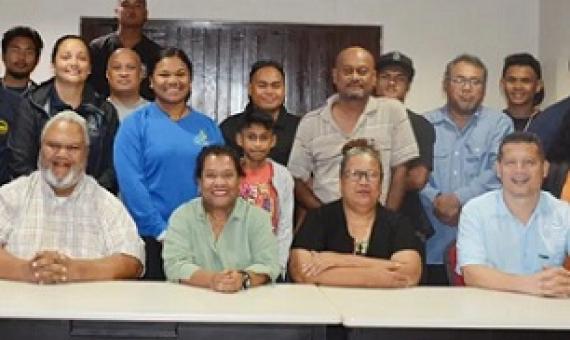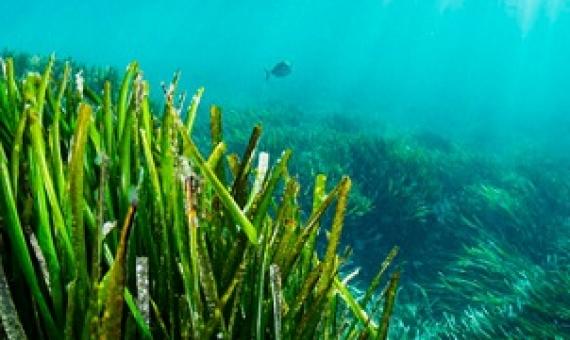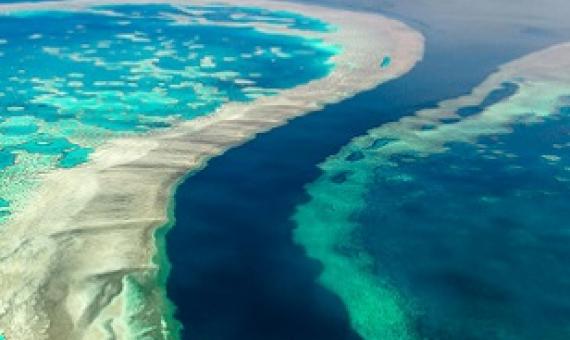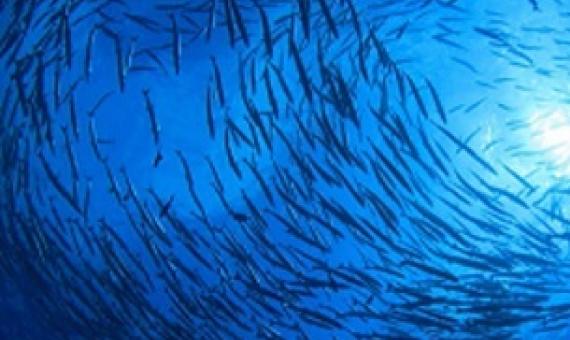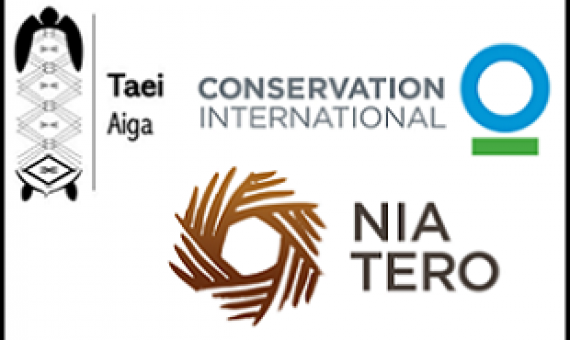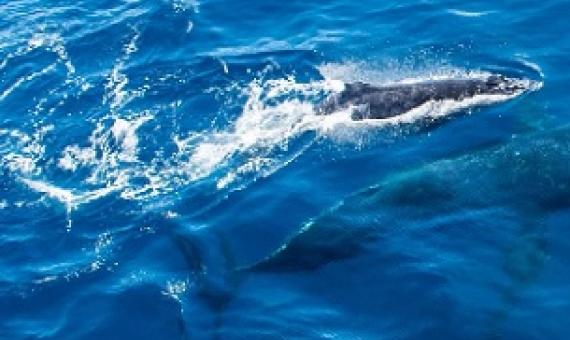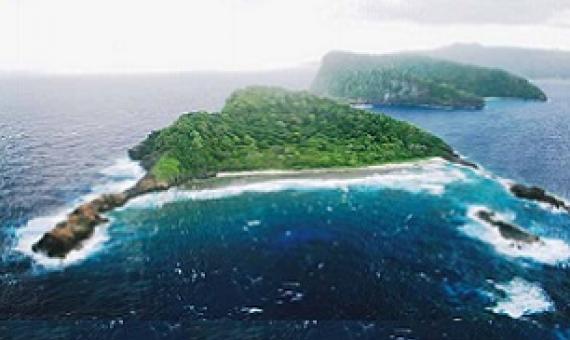Marine-Related Learning Networks: Shifting the Paradigm Toward Collaborative Ocean Governance
Formal and semi-formal networks are emerging as effective, collaborative, and adaptable approaches for addressing complex, rapidly evolving ocean governance issues. One such group of networks, which we refer to as marine-related learning networks, play multifaceted roles within ocean governance systems by facilitating knowledge creation, exchange, and dissemination, and by building the capacity of individuals and institutions to address problems and improve coastal and ocean governance.

